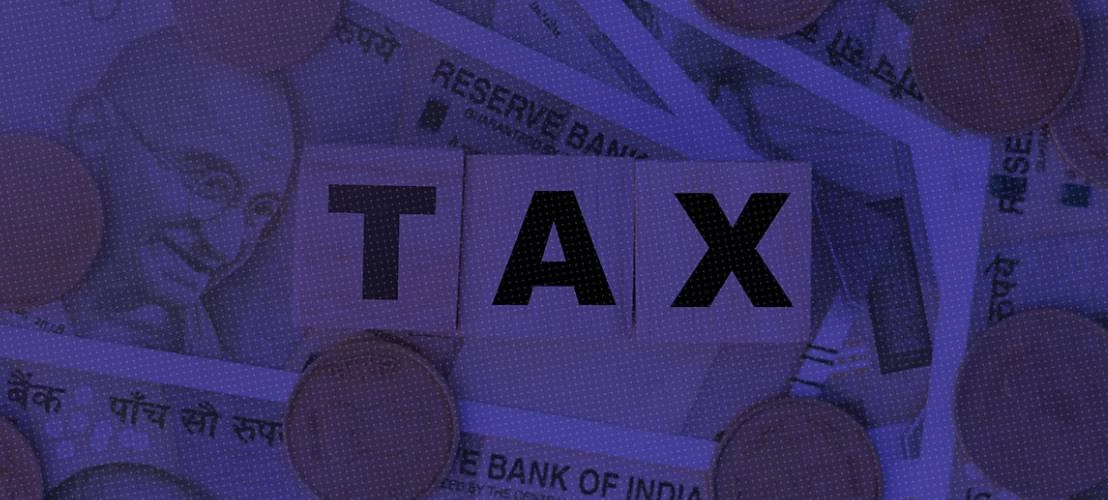The Supreme Court of India has strongly urged the GST Council to reconsider the formula relating to calculation of refund due to inverted duty structure and take a policy decision regarding the same. The Court in its decision dated 13 September 2021 noted that the practical effect of the formula might result in certain inequities and anomalies.
The Apex Court however rejected to read down the formula prescribed in Rule 89(5) of the Central Goods and Services Tax Rules, 2017. It held that while interpreting the provisions of Section 54(3) of the Central Goods and Services Tax Act, 2017, it must give effect to its plain terms and cannot redraw legislative boundaries based on an ideal which the law was intended to pursue.
Noting that the realpolitik of tax policy and governance in the real world may not always match up to ideals, it held that if the legislature has intended that the equivalence between goods and services should be progressively realized and that for the purpose of determining whether refund should be provided, a restriction of the kind which has been imposed in clause (ii) of the proviso to Section 54(3) should be enacted, it lies within the realm of policy.
The Court in the case Union of India v. VKC Footsteps India Pvt. Ltd. was also of the view that it is not its function in the fiscal arena to compel Parliament to go further and to do more by, for instance, expanding the coverage of the legislation (to liquor, stamp duty and petroleum) or to bring in uniformity of rates.
Assessee’s plea that the refund should be available on the entirety of the unutilized input tax credit (‘ITC’) including the credit which is relatable to tax paid on input services, was hence rejected.







